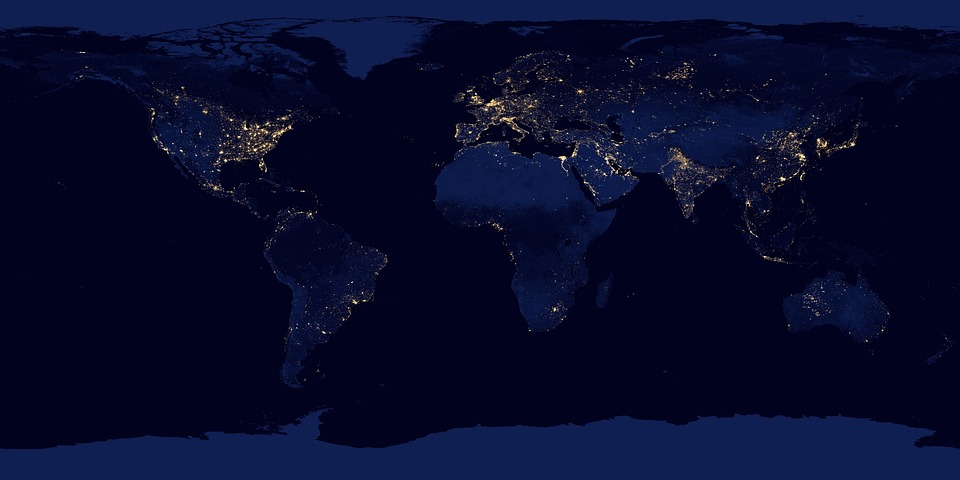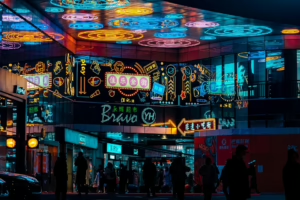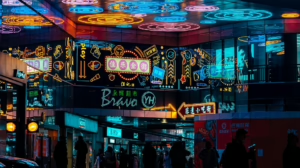Echoes of the Past: Key Moments That Defined Human Civilization
Throughout the annals of history, the human experience has been shaped by pivotal moments that echo through time, altering the trajectory of civilizations. These defining events highlight the resilience, ingenuity, and evolution of humanity. From the dawn of agriculture to the digital revolution, each epoch has contributed to a tapestry of interconnected stories that illustrate our collective journey.
1. The Agricultural Revolution (circa 10,000 BCE)
The transition from nomadic tribes to settled agricultural communities marks one of the most significant turning points in human history. As people learned to cultivate crops and domesticate animals, they were able to establish permanent settlements. This profound shift not only transformed social structures but also led to population growth and the rise of complex societies. The surplus of food allowed for specialized labor, paving the way for the development of arts, religion, and political systems. Thus began the age of cities, facilitating trade and cultural exchange that would sow the seeds for future civilizations.
2. The Birth of Writing (circa 3200 BCE)
The invention of writing in Mesopotamia revolutionized human communication and record-keeping. This innovation enabled societies to document laws, trade transactions, and historical events, ensuring the preservation of knowledge. As written language evolved, it facilitated the growth of literature, philosophy, and science, making it possible for ideas to transcend generations and geographical boundaries. The capacity to record and disseminate information became a cornerstone of civilization, allowing cultures to evolve and interact in unprecedented ways.
3. The Classical Age (circa 500 BCE – 500 CE)
The Classical Age was characterized by remarkable advancements in philosophy, politics, and science across various cultures, including Ancient Greece, Rome, India, and China. Thinkers like Socrates, Plato, and Confucius laid the foundations of ethical thought and governance, while empires expanded their reach through conquests and trade. The spread of ideas, such as democracy and individual rights, began to take root, influencing future generations. The artistry of this period, showcased in literature and architecture, continues to impact modern aesthetic sensibilities.
4. The Fall of the Roman Empire (476 CE)
The collapse of the Roman Empire is often viewed as a watershed moment that signaled the end of antiquity and the onset of the Middle Ages. This tumultuous period gave rise to new political systems, feudalism, and the spread of Christianity. The fragmentation of centralized authority led to a society characterized by localized power structures but also laid the groundwork for the eventual emergence of nation-states. The echoes of this upheaval resonate in contemporary governance and social organization, reminding us of the delicate balance between unity and division.
5. The Renaissance (14th – 17th Century)
The Renaissance marked a profound cultural awakening in Europe, characterized by a renewed interest in classical antiquity, humanism, and the arts. Innovations in science, literature, and philosophy flourished, as figures like Leonardo da Vinci and Galileo Galilei pushed the boundaries of knowledge and creativity. This revitalization not only transformed artistic expression but also redefined humanity’s relationship with the natural world and the cosmos. The Renaissance laid the groundwork for the Enlightenment and ignited the scientific revolution, shaping contemporary perspectives on reason and intellectual inquiry.
6. The Industrial Revolution (18th – 19th Century)
The Industrial Revolution was a seismic shift that transformed economies, societies, and the environment. Beginning in Britain, the mechanization of production and the advent of steam power revolutionized how goods were manufactured and distributed. Urbanization surged as populations flocked to cities in search of work, leading to profound societal changes. While this era birthed unprecedented economic growth and technological progress, it also highlighted issues related to labor rights, environmental degradation, and social inequality—challenges that remain relevant today.
7. The Digital Revolution (Late 20th Century – Present)
The advent of computers and the internet has constituted the latest monumental shift in human civilization. The Digital Revolution has redefined communication, commerce, and creativity. Information now flows effortlessly across the globe, connecting individuals and cultures in ways previously unimaginable. Social media and digital platforms have transformed how we interact, share ideas, and mobilize for social change. However, this wave of connectivity has also brought challenges, including concerns about privacy, misinformation, and the digital divide. As we navigate this new landscape, the implications of technology on society remain a focal point of debate.
Conclusion
The echoes of these key moments resonate through our contemporary world, shaping not only our understanding of ourselves but also our interactions with one another. By examining the defining moments of human civilization, we gain valuable insights into the struggles and triumphs of our collective past. It is a reminder that history is not just an account of what has happened; it is a living narrative that continues to inspire, challenge, and guide us as we forge ahead into the future. The footprints of our ancestors, illuminated by pivotal moments, encourage us to reflect on our path and consider the legacy we wish to leave for generations to come.
For more insights and an in-depth exploration of these pivotal moments, see this source.


























Add Comment